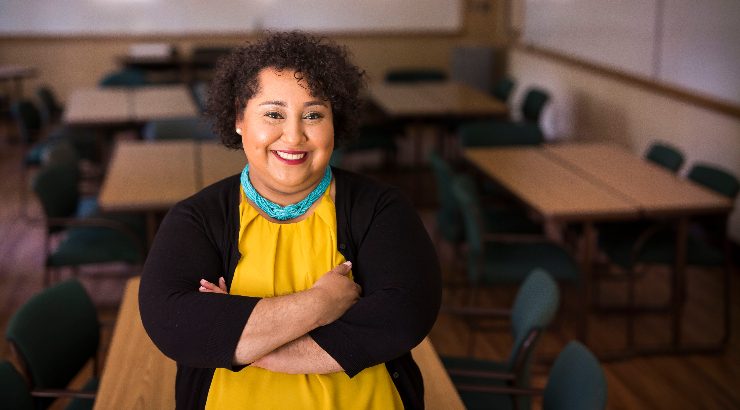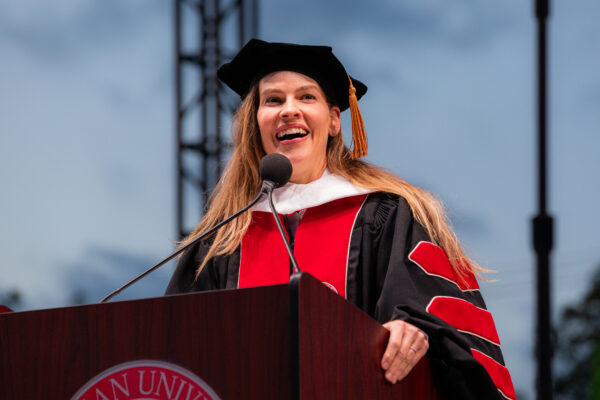Chapman University’s Attallah College of Educational Studies Assistant Professor Stephany Cuevas has conducted a study exploring the complex dynamics between family support and the challenges faced by first-generation Latinx undergraduate students.
The study explores a critical question: How do first-generation Latinx undergraduate students describe and understand their families’ role in their higher education? The findings reveal that while these students often feel supported by their families, they also experience significant frustration and tension due to their families’ limited understanding of college life.
Students who feel supported by their parents experience better mental health, smoother social adjustment and improved academic outcomes, including higher GPAs and graduation rates. Understanding these dynamics is crucial for developing better support systems for first-generation Latinx students, ensuring they can thrive both academically and personally.
In this study, participants were interviewed twice: first, about their transition to college and their relationship with their families, and then, about the meaning of their support systems, including familial relationships.
“These challenges encompass the family’s unfamiliarity with college culture, bidirectional behaviors of protection from stress and worry, and ongoing family interactions. It is essential for higher education practitioners to understand these tensions and create conditions that alleviate the stress this student population experiences.” shared Stephany Cuevas.
Latinx students remain underrepresented in higher education. According to 2021 data, only 32% of Latinx students aged 18 to 24 were enrolled in college compared to 33% of Black, 37% of White, and 58% of Asian Americans of the same age. In the same year, 23% of Latinxs ages 25 to 29 had earned a bachelor’s degree, up from 14% in 2010. However, these numbers still lag behind Black (26%), White (45%), and Asian American (72%) populations (Mora, 2022). These figures are still lower compared to other racial demographics, highlighting the challenges Latinx students face in accessing higher education.
The study highlights the dual nature of familial relationships for first-generation Latinx students. While family support is evident, the lack of understanding about college life creates unique challenges that can affect students’ academic performance and overall well-being.
###
About Chapman University:
Founded in 1861, Chapman University is a nationally ranked private university in Orange, California, about 30 miles south of Los Angeles. Chapman serves nearly 10,000 undergraduate and graduate students, with a 12:1 student-to-faculty ratio. Students can choose from over 100 areas of study within 11 colleges for a personalized education. Chapman is categorized by the Carnegie Classification as an R2 “high research activity” institution. Students at Chapman learn directly from distinguished world-class faculty including Nobel Prize winners, MacArthur fellows, published authors and Academy Award winners.The campus has produced a Rhodes Scholar, been named a top producer of Fulbright Scholars and hosts a chapter of Phi Beta Kappa, the nation’s oldest and most prestigious honor society. Chapman also includes the Harry and Diane Rinker Health Science Campus in Irvine. The university features the No. 4 film school and No. 66 business school in the U.S. Learn more about Chapman University: www.chapman.edu.




